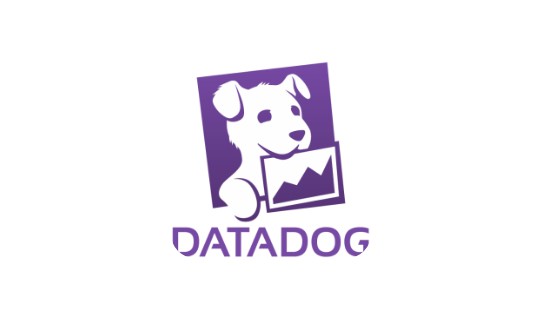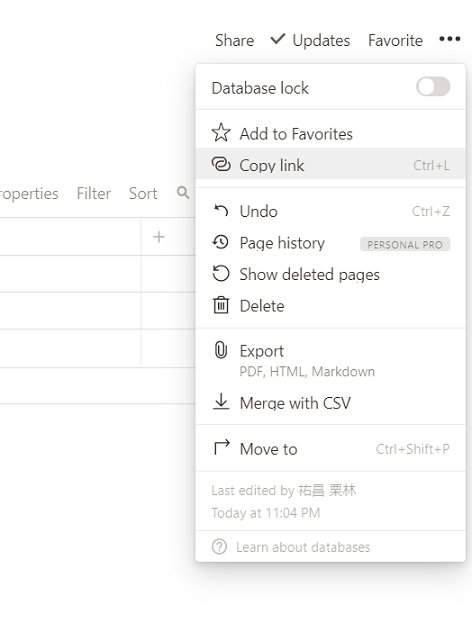


# Replace this URL with the URL of the page you want to edit # Obtain the `token_v2` value by inspecting your browser cookies on a logged-in (non-guest) session on Notion.so Below is a simple example of how you can log in and change the title of a page using Notion-Py. Save the token in Value column as you will use it later to authorize your API. In the left pane, select Cookies and find token_v2 value in the right area. Suppose you’re using Chrome-based browsers, on any Notion page, right-click and select Inspect or press F12 on your keyboard to open up the Chrome DevTools. In order to find the access token, first you need to be logged in to Notion.so. Then, you have to obtain an access token so that Notion-Py can access your private notes and perform operations on them. Once you’ve had Python preinstalled, you can get Notion-Py by running the following command on any terminal window. Notion-Py requires Python version 3.5 or later to be installed on your system to be able to work properly. Notion-Py also allows real-time reactive two-way data binding (changing Python object -> live updating of Notion UI, and vice-versa) _(Note: Notion->Python automatic updating is currently broken and hence disabled by default call MARKDOWN_HASH6321d722784ffae7e9d6708f85dfc3b0MARKDOWN HASH to update, in the meantime, while monitoring is being fixed) Notion-Py Installation and Usage In Notion-Py, Notion objects such as nodes, blocks, embedded contents, etc are mapped to native Python classes/attributes and vice versa. Notion-Py reverse-engineered that and wrap it into a nice Python API. The Notion front-end is written in JavaScript that relies on a private API to do most of its operations. Notion-Py is an unofficial Python wrapper for the internal Notion v3 API. However, Python enthusiast Jamie Alexandre has created notion-py, an unofficial Python wrapper for the internal Notion v3 API. There is a small problem with Notion : it doesn’t have any documented API for developers. Notion brings together the best aspects of Trello, spreadsheets, relational databases, rich WYSIWYG Markdown editing, TODO lists, and more, into a single, seamless, flexible, and intuitive system. Notion is a web-based collaboration platform that allows users to work with kanban boards, tasks, wikis, and databases in the same interface.


 0 kommentar(er)
0 kommentar(er)
